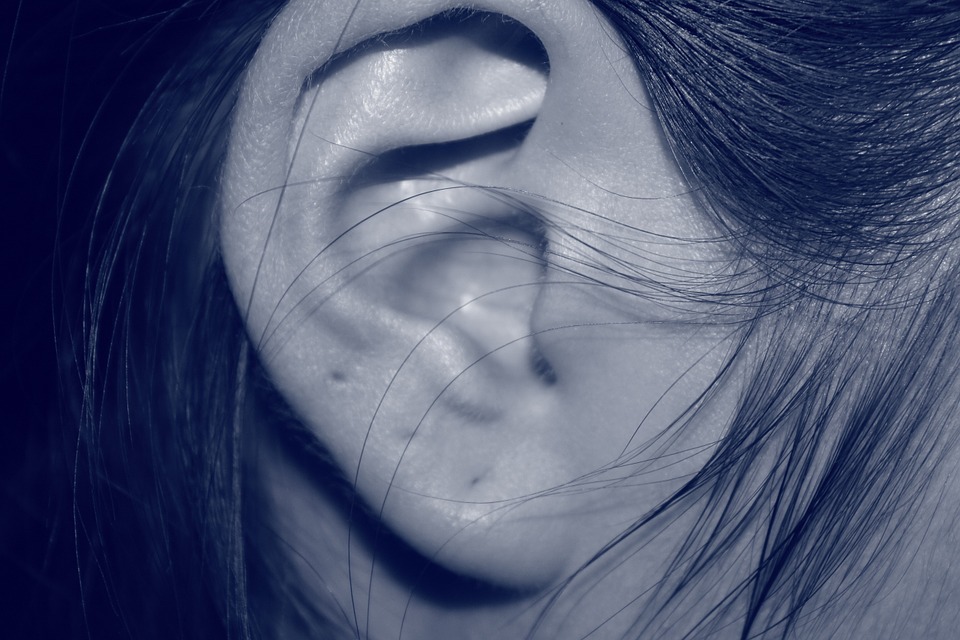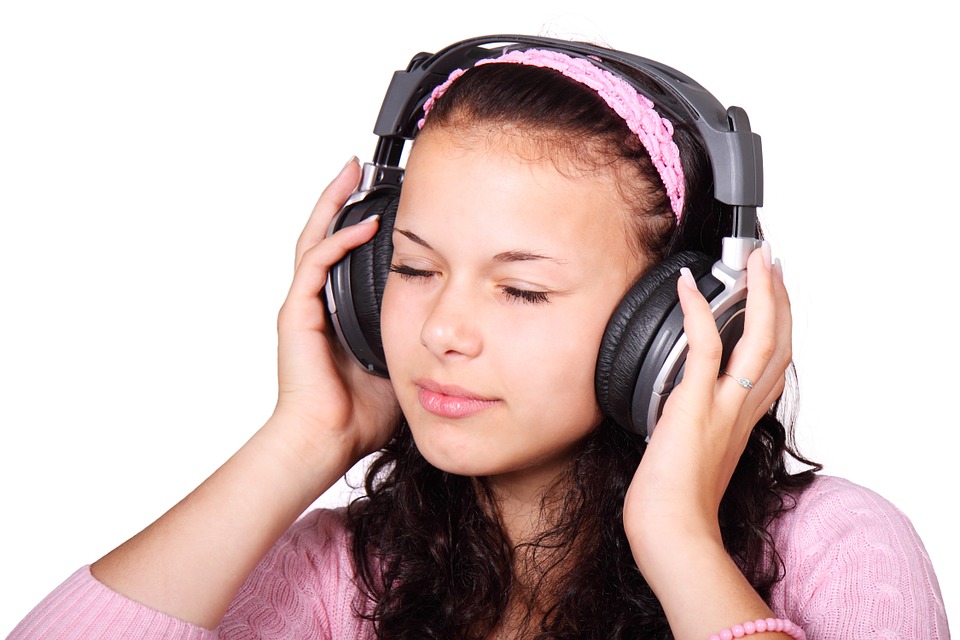According to research by Johns Hopkins Medicine, about 1 in 5 people suffer from some degree of hearing damage or hearing loss. And for the 65+ age group, the proportion of those afflicted jumps to 1 in 3.
The bad news is that, in some cases, hearing problems are the result of hereditary factors, degenerative conditions, illnesses, injuries or accidents. But with this being said, there are smart and practical ways that everyone can adopt to minimize the chances of significant or severe hearing loss. Here are 5 tips to keep in mind:
- Use Appropriate Hearing Protection
For some people, appropriate hearing protection might be an using simple earplugs, which can reduce noise by 15-30 decibels. However, others may require noise cancelling headphones with microphones. If so, then steer clear of the low-end items available from electronic retailers/e-tailers (since they will not get the job done), and check out the industrial-grade selections available from an aircrafts parts company.
- Check Your Medications
Around 200 pharmaceutical medications (including some antibiotics) are known to impair hearing, and even a high dose of aspirin can cause hearing damage. If taking such drugs are necessary, then have your doctor evaluate your hearing and balance throughout your treatment period.
- Quit Smoking
If you needed yet another blatantly obvious reason to quit smoking — other that you will typically live longer, healthier, and save thousands of dollars — then here you go: tobacco is linked to hearing loss. And if you’re a non-smoker, avoid exposure to secondhand smoke.
- Have Your Doctor Remove Earwax
While cotton swab (i.e. Q-Tip) sales are as strong as ever, the fact remains that the vast majority of people use them incorrectly — and some folks end up in the Emergency Room. The problem is that, rather than scooping wax out of the ear canal, cotton swabs (if used improperly) will push wax further in — which can damage hearing, and cause other health problems as well. While there are some in-home wax removing kits available from drug stores, the safer and smarter course of action is to have your doctor handle this for you.
- Turn Down the Volume
Last but certainly not least: listening to over-loud music through earbuds or earphones, while in the car, or even through speakers at home, a club, or anywhere else can cause hearing damage. Turn down the volume and you’ll be able to enjoy the music you love for much longer.
The Bottom Line
Back in the 1970s, songstress Joni Mitchell (and later diva Janet Jackson) sang “on and on it seems to go, but you don’t know what you’ve got ‘till it’s gone.” Well, plunk down good hearing on that list, because it’s something that most of us take for granted — that is, until we find ourselves asking people to repeat themselves, struggle to hear what folks on TV or in movies are saying, or start having hearing-related problems at work. Fortunately, keeping the above tips in mind, and regularly getting your hearing checked out by your doctor, can help ensure that your good hearing does indeed go “go on and on.”

